Top 7 Benefits of Personal Loans For Medical Emergencies
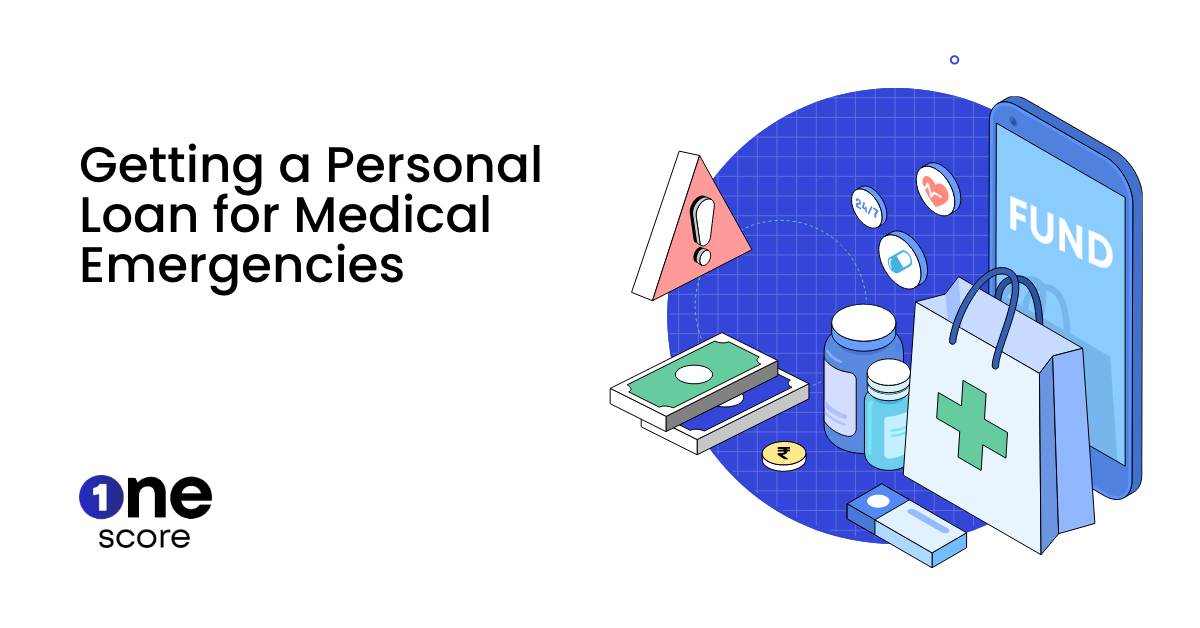
According to a Business Standard study, almost 73% of the Indian population does not have health insurance. But medical emergencies can come for anyone. If you are among the uninsured population, or your insurance does not cover your medical troubles, tackling it can become exponentially difficult and wreak havoc on your finances.
So what can you do?
One of the fastest and most effective ways is applying for a personal loan. Applying for a personal loan for medical emergencies is also known as a medical loan. This article discusses the benefits of taking a personal loan for medical emergencies, eligibility criteria, and how to apply for it.
Benefits of Personal Loans for Medical Emergencies
Following are the top seven benefits of a personal loan for medical emergencies:
1. Minimal Documentation
Getting a personal loan for medical emergencies requires minimum documentation. Moreover, the process becomes easier if you already have an existing account in the bank where you are applying for the loan.
2. Quick and Easy Approval
Personal loans get easy approvals as compared to other loans. As a result, the fund gets quickly disbursed to your account.
3. No Collaterals Required
Personal loans do not demand collateral because it’s an unsecured loan. That relieves you from arranging collateral at the time of a medical crisis. Moreover, it removes the chances of losing the collateral if you are unable to repay the loan on time.
4. Low Interest Rates
Banks offer personal loans for medical emergencies at competitive rates, generally between 9.99% and 11% p.a (dependent heavily on your credit score).
5. Flexible Tenure of Repayment
Most banks offer a tenure of 1 to 5 years to repay the loan amount in EMIs (Equated Monthly Instalments).
6. Minimum or No Foreclosure Fee
Banks allow you to repay the loan amount before the due date by paying a minimum or no foreclosure fee. That consequently helps you save interest expenses.
7. No Restrictions on End-Use
You have complete flexibility in using the loan amount without informing the bank about the end use of the fund. That consequently helps you tackle situations like post-hospitalisation and prolonged recovery costs.
Eligibility Criteria for Medical Loan
The applicant needs to fulfil the following criteria to become eligible for a personal loan for medical emergencies:
- Age range: between 21 and 60 years.
- Salaried applicants must be employed in public sector undertakings or private limited companies.
- Self-employed or salaried applicants must have a specified minimum monthly income or net salary and submit financial documents proving income stability and continuous employment.
- Banks prioritise applicants with a good CIBIL score. You can regularly check your CIBIL score using the OneScore app for free.
ALSO READ: What Is The Ideal CIBIL Score For A Personal Loan?
Necessary Documents
The following are the necessary documents to apply for a medical loan:
Identity Proof
Address Proof
Income Proof
Bank Statement
Form-16
ITR (Income Tax Return)
How to Apply for a Personal Loan for Medical Emergencies?
When it comes to applying for a personal loan, preparation is often key. You cannot plan emergencies, but you can always be prepared to ensure you can get the best terms on a loan in case of one. This is how:
Start researching for reputed online and offline lenders who offer personal loans for medical emergencies.
Prepare all the necessary documents.
Maintain a high CIBIL score and keep clear of long-standing debts.
Fill out the loan application form accurately, attach all supportive documents, and submit the application. Choose the repayment plan carefully, as per your ability.
Summing up, getting a personal loan for medical emergencies can be a quick solution during a medical crisis. The minimum need for documentation and quick disbursement allows you to concentrate on the crisis rather than hassling to arrange funds at the last minute. And medical emergencies can strike at any moment, so it’s best to be prepared with such an option that can alleviate some of the stress.
**Disclaimer: The information provided on this webpage does not, and is not intended to, constitute any kind of advice; instead, all the information available here is for general informational purposes only. FPL Consumer Services Private Limited and the author shall not be responsible for any direct/indirect/damages/loss incurred by the reader in making any decision based on the contents and information. Please consult your advisor before making any decision.
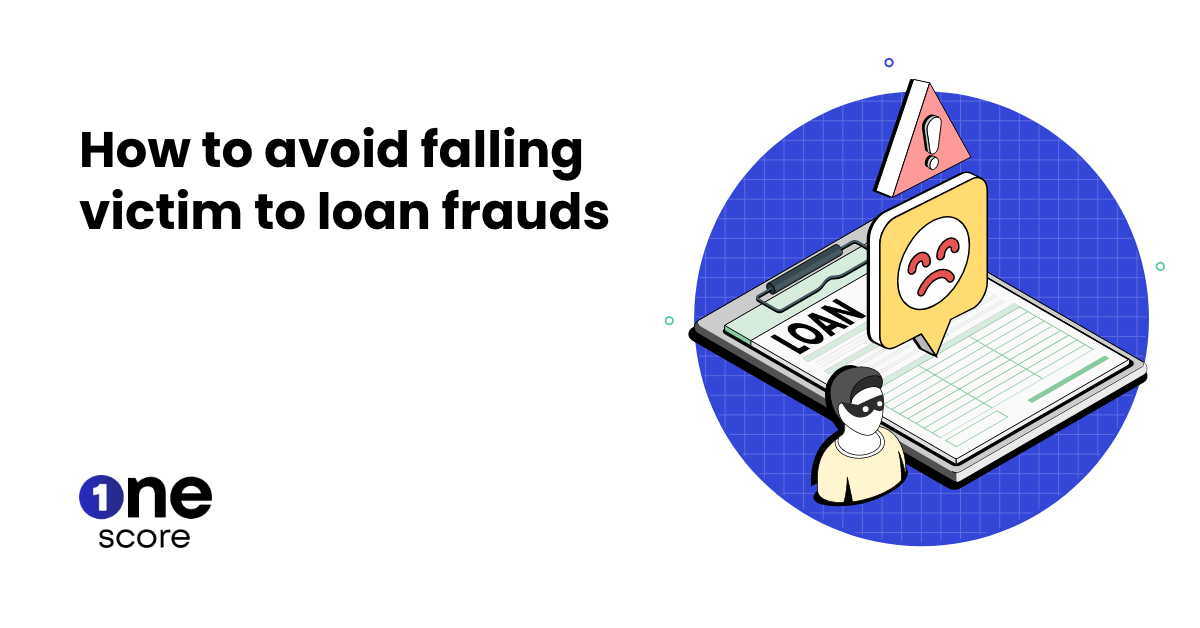

A Beginner’s Guide to Starting a Small Business From Scratch
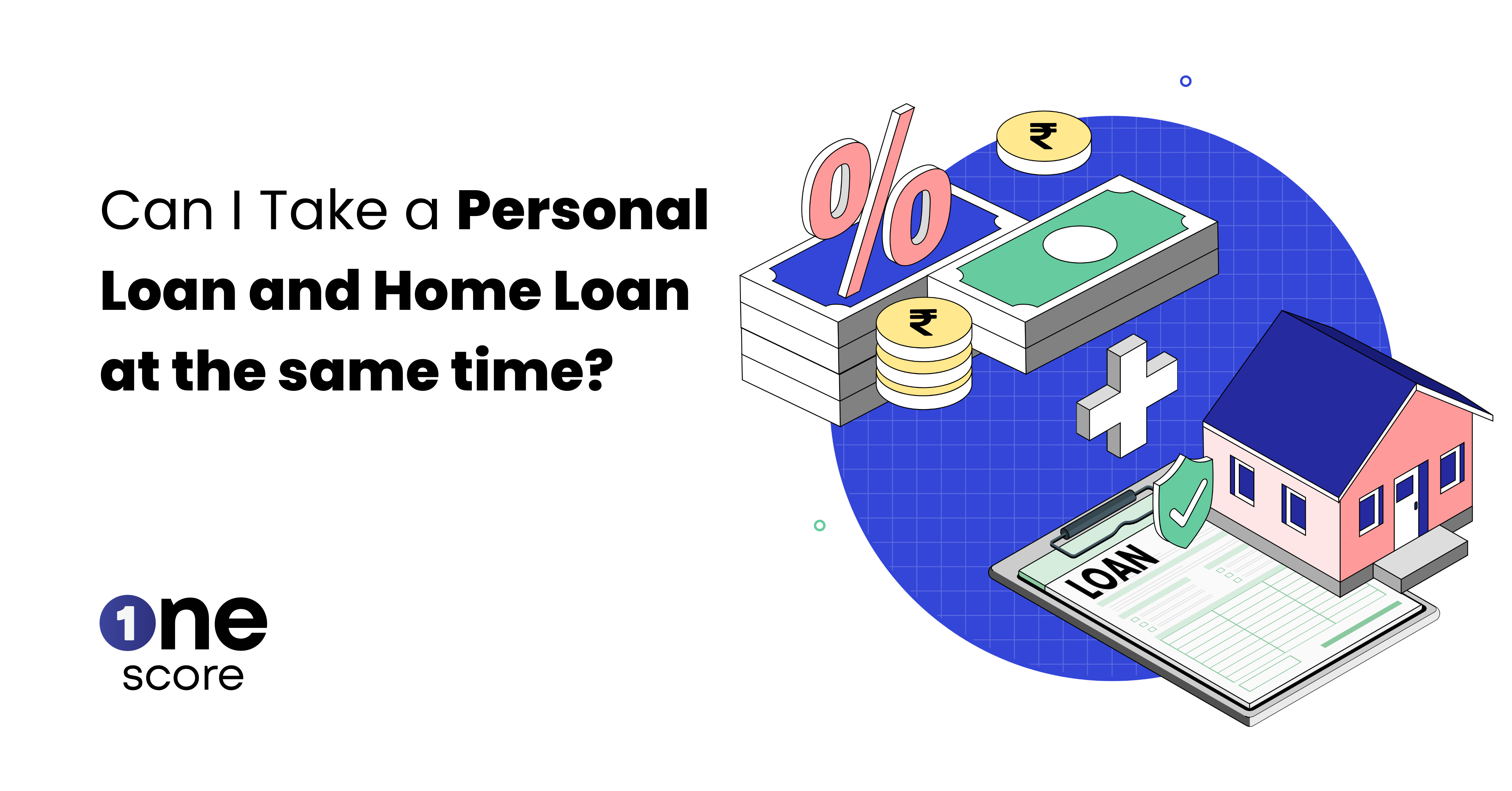

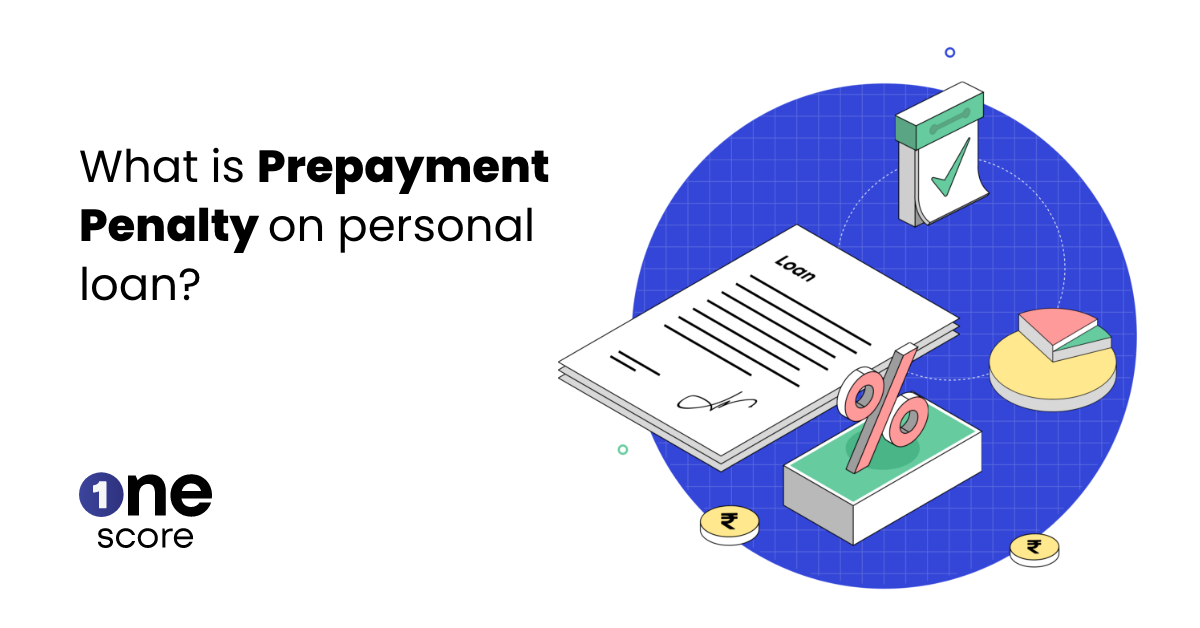
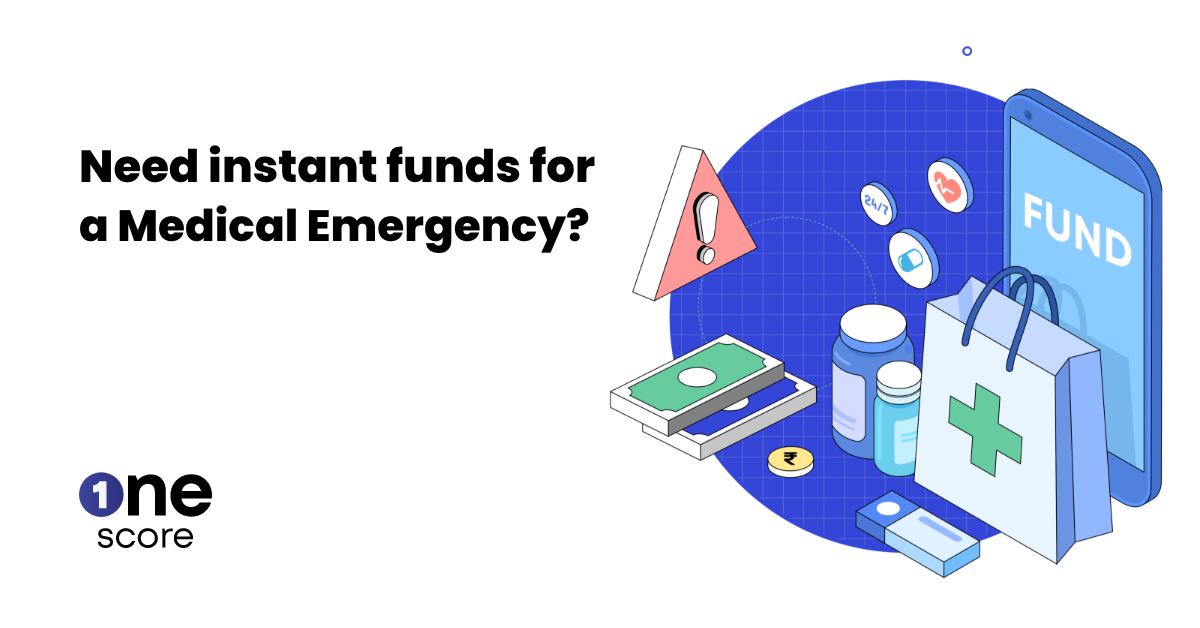
- OneScore , December 27, 2024

